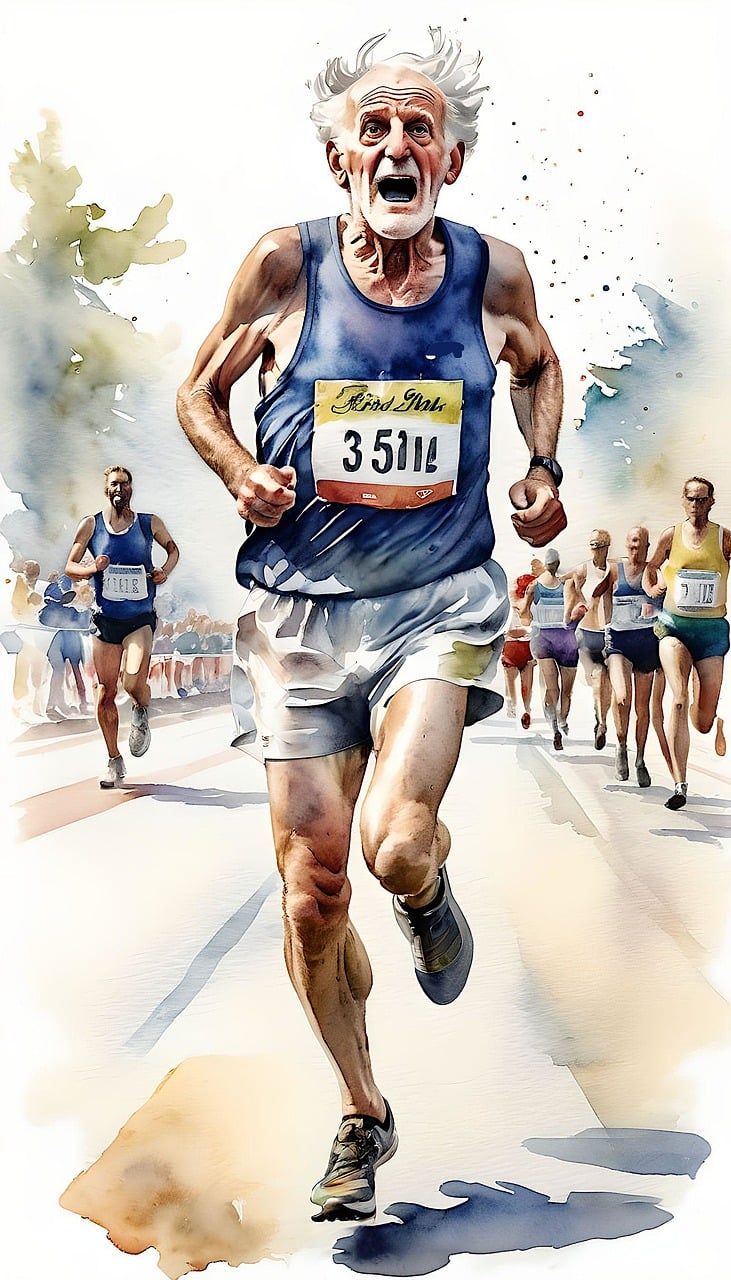A recent study has challenged prevailing beliefs about the impacts of extreme exercise on longevity. According to Steve Foulkes, a postdoctoral research fellow at the University of Alberta, the notion that intense physical activity could lead to premature death clashes with the findings of this research. Foulkes suggests that while extreme athletes subject their bodies to significant stress, the study reveals surprising insights into the potential benefits of such rigorous exercise routines.
Published in the British Journal of Sports Medicine, the study examined the longevity of individuals who achieved the remarkable feat of running a mile in under four minutes. While this accomplishment is rare, the research indicates that it may correlate with extended lifespan, contradicting conventional wisdom about exercise extremes. Foulkes emphasizes that this challenges the prevailing emphasis on moderate, steady exercise, such as the popular recommendation of achieving 10,000 daily steps.
Highlighting historical milestones like Sir Roger Bannister's sub-four-minute mile in 1954, the study draws from a database of over 1,700 individuals who have achieved this feat since. Analyzing a subset of these runners who set their records between 1954 and 1974, researchers observed a notable trend: these athletes tended to live nearly five years longer on average than their counterparts who did not accomplish the sub-four-minute mile.
The study suggests that the benefits of extreme exercise may mirror those of more moderate activities, such as improved cardiovascular health, immune function, and reduced risk of chronic diseases like diabetes and obesity. However, it acknowledges potential drawbacks, including temporary strain on the heart immediately following intense exercise.
Foulkes references a landmark 2013 study from Denmark that proposed a "U-shaped" hypothesis of exercise, suggesting both insufficient and excessive activity could shorten lifespan. Despite such findings, subsequent research has questioned this hypothesis, with some studies indicating a reduced risk of heart disease among those who exceed recommended exercise levels.
Regardless of where one falls on the exercise spectrum, the consensus remains that regular physical activity offers numerous health benefits. Foulkes emphasizes that extreme achievements are not necessary to reap these rewards; consistent, moderate exercise can suffice. He likens exercise to a potent medicine, suggesting that its benefits are universally recognized and accessible to all.


